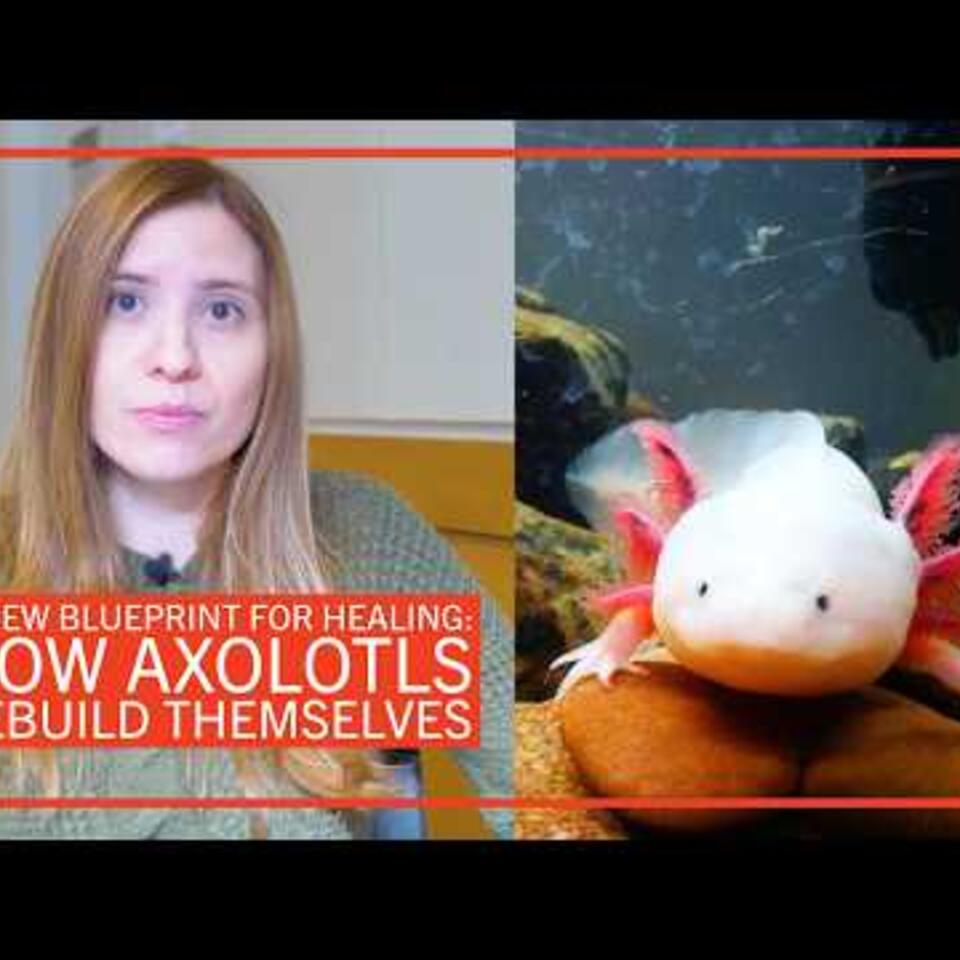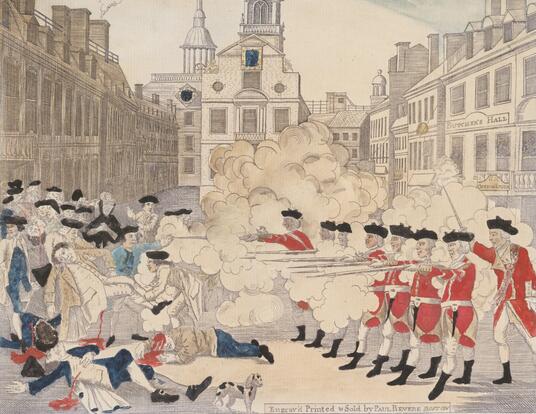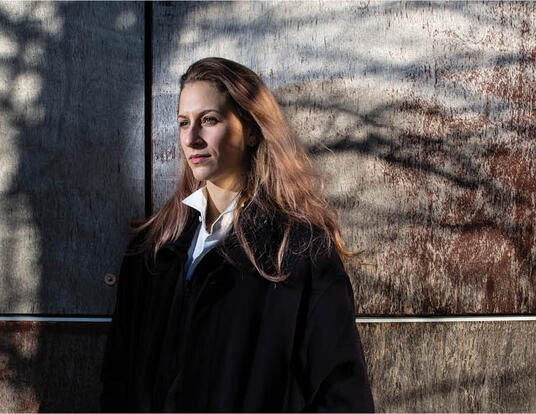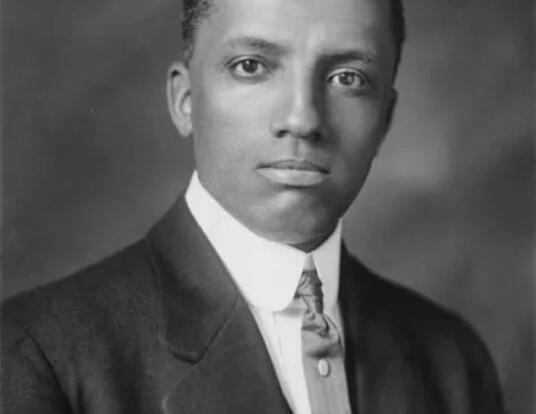Nancy F. Koehn, PhD ’90, the James E. Robison Chair of Business Administration at Harvard Business School, is a historian who studies effective leadership and how leaders, past and present, craft lives of purpose, worth, and impact. Colloquy magazine sat down with Professor Koehn to discuss her latest book, Forged in Crisis: The Power of Courageous Leadership in Turbulent Times.
What inspired you to focus on leadership?
I’d studied entrepreneurs for years and realized that their success didn’t re ect something unique to the entrepreneurial pursuit, but instead depended ultimately on leadership. Writing a business school case study on Ernest Shackleton particularly catalyzed my thinking. In so many respects, the Antarctic explorer exemplified crisis leadership, and working on this case helped expand my thinking on how crises can shape the person at the center of the storm as well as external events. The origins of Forged in Crisis are also intensely personal because my work on the book coincided with a series of calamities in my own life, beginning with the sudden death of my father. At the time, it felt as if all the big building blocks of life were crashing down around me. One night, unable to sleep, I turned to the writings of Abraham Lincoln and thought, “You think you have problems; Lincoln had problems! How did he navigate that perfect storm of national crisis?” That was the genesis of the book.
How did you decide whom to feature?
I wanted gripping stories that could reach beyond regular readers of history. I also sought individuals who had left a rich record of their emotional experience as leaders. And I wanted to be inclusive, in terms of nationality, race, gender, and overall familiarity. (Lincoln and Frederick Douglass are quite well-known; Dietrich Bonhoeffer and Rachel Carson, much less so.)
What would you suggest to help us in distinguishing real leadership?
Leaders come in many shapes and sizes—a librarian keeping the library open longer, parents raising kind, curious, self-respecting children. Leadership styles vary as well. Lincoln found a refuge from tragedy in humor and public performance; Carson was quiet and retiring, uncomfortable in the spotlight. The common thread? True leaders call us to something bigger, stronger, and more decent than we could nd our way to on our own. So it makes sense for all of us to ask: Does a presumptive leader inspire people to be better versions of themselves?
Right now, we’ve been seduced by what I call “leadership bling”—we are looking at fame, wealth, charisma, number of red-carpet appearances or Twitter followers as qualities that are important in the people we elect or follow as leaders. But if we really stop to think about it, we realize that these things don’t reflect courageous or honorable leadership. What does? Resilience. Competence. Character, which includes those basic virtues that societies have recognized across time and place for millennia— honesty, compassion, humility, courage, kindness, perseverance, and empathy for others. We need to get more discerning and discriminating about the individuals we entrust with great responsibility.
As for leadership here and now, are you optimistic or pessimistic?
I’m optimistic. In times of crisis, leaders come out of the mist. In 1856, few people outside of Illinois had even heard of Lincoln. Today, I think a new generation of leaders is ready to step onto the stage. We just don’t know them yet. Last semester, a number of my second-year business school students came into my office and said, "I want to run for office." In 25 years of teaching at Harvard, that was the first time MBA students had expressed such an interest, and it’s a bellwether of things to come.






